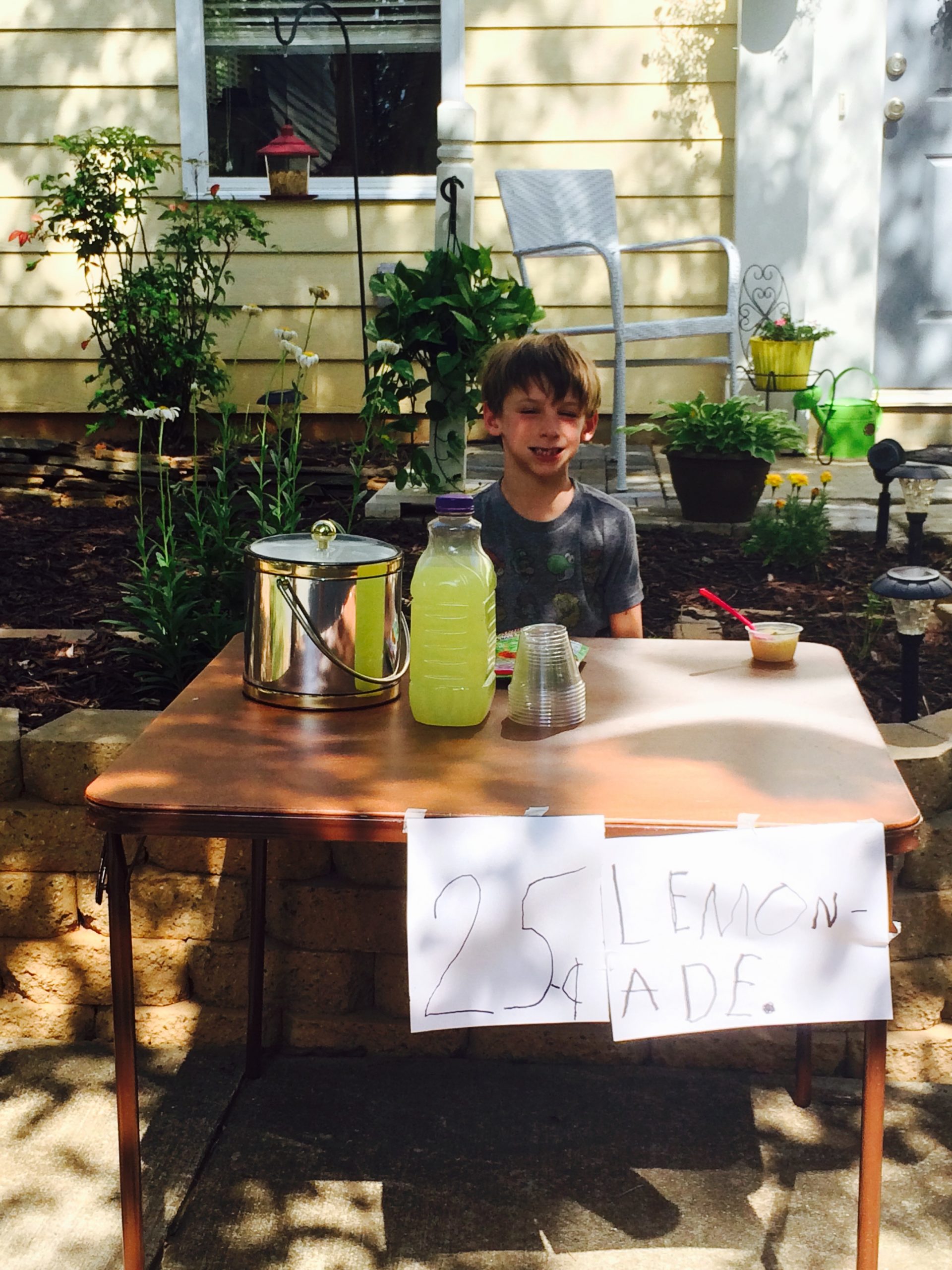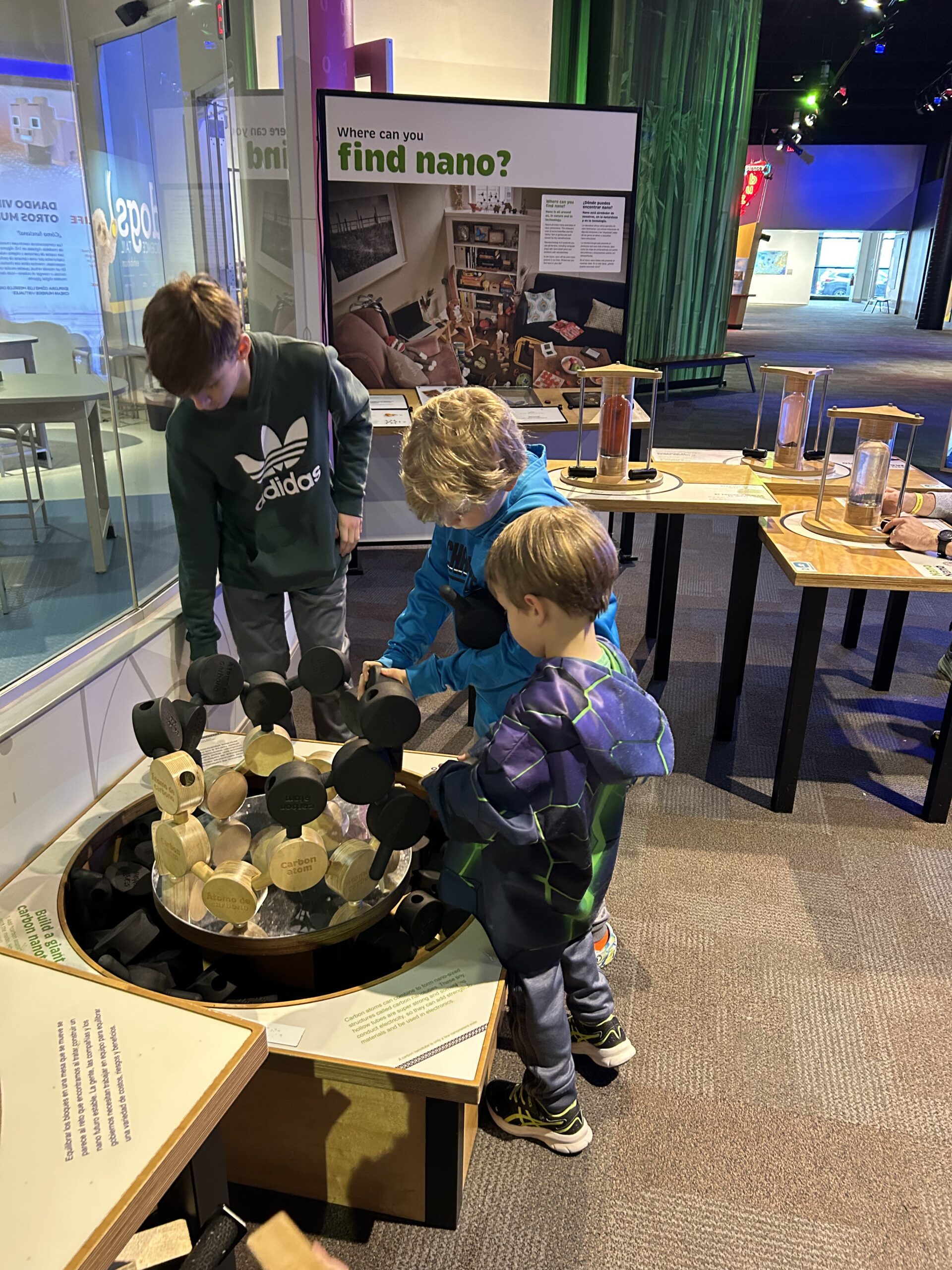Lying is not part of a child’s makeup, so it was said. Although we think of truthfulness as a young child’s supreme virtue, lying turns out to be an advanced skill. However, more recent research has found that most children learn to lie between the ages of 2 and 4. This developmental age is when a child discovers his/her own thinking.
A child learns through observation and mimicking others. And, most parents want to teach children the importance of honesty. However, most parents lie. Children learn to lie as they listen and observe comments and actions from adults. After the age of four, children lie for the same reasons as adults. Adults gradually teach children that some kind of honesty is not always acceptable. Speaking the truth may hurt other people. As adults tell lies for convenience, our children observe and listen.

Lying In School/Home
Some instances of lying are of greater concern than others. When children lie frequently, it is cause for concern. They become skilled at the behavior. Once skilled, it becomes habitual to the degree that they have no concern over the lie or the consequences. Lying causes distrust and leads to peer rejection. Thus, causing other behavioral or even academic problems.
Even though all kids lie, the fact is, it’s part of growing up. Children test their limits and make adjustments according to social norms. Basically, they are not bad children or students because they lie. They are not acting out of malice. And, we as parents and teachers are not stupid or naive. Simply, we are human and we care. Through recognizing and talking about honesty and dishonesty, we teach children how to do better. Our hope is for our children to become adults that are on the side of small white lies and do not become deceptive con artists.




